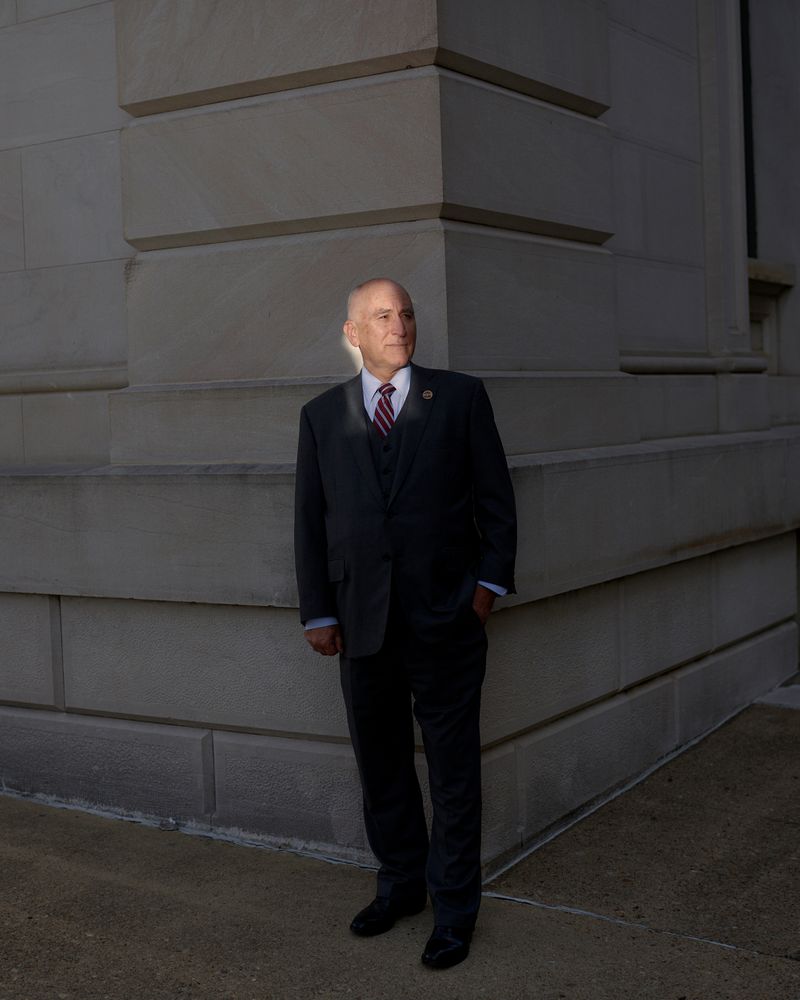
When Republican state Sen. Richard Briggs, R-Knoxville, first read Gov. Bill Lee’s extreme risk protection order he thought: This seems reasonable.
It’s a proposal to limit a person’s access to firearms if they’re deemed a risk by the court. But many of his Republican colleagues had a different reaction.
“I think the message that the governor had was, ‘Don’t do this,’” he said. “’Don’t do anything too radical because it’s not going to go anywhere.’”
Which leads us to this moment.
When the legislature meets for a special session, nothing resembling that bill will be filed, at least not by the governor’s office, and not by any member of his party.
In recent years, Briggs has deviated from other Republicans — on things like COVID measures, lobbying for exceptions in the state’s abortion ban, and accepting the 2020 election results.
So, he’s used to being an outlier. But this moment has him thinking.
“It is against Tennessee law for me to walk through the woods by myself with a .22 rifle without a license and a gun safety permit,” he said in a telephone interview. But “you can walk down Broadway in Nashville, or you could walk down Gay Street in Knoxville, or you can walk down one of the streets in Memphis with an AR-15 or an AK-47. And you don’t have to have a permit, and you don’t have to take a gun safety course to do that.”
The discrepancy between the two strikes Briggs as an obvious mismatch. But what to do about it? That’s less obvious.
Briggs knows there is a bit of the tail wagging the dog here. Polls show the vast majority of registered voters in Tennessee support a red flag law — as do the Republicans in his district, in Knoxville. When he polled them, he said 89% felt current gun laws were too loose.
“It’s just hard to get folks to step back and say, ‘What’s reasonable here?’” Briggs said.
That isn’t likely to happen next week, though. Not with a Republican supermajority facing intense pressure from “no-compromise” groups like the Tennessee Firearms Association and the American Firearms Association.
So, with that in mind, Briggs has altered his expectations.
He’s taking a more delicate approach: getting people used to the idea of something like an extreme risk protection order that could be picked up again when the legislature convenes in January.
“We may not accomplish everything that we want to accomplish in this special session,” he said. “But I think we can maybe start nibbling away at this, let people get used to the idea, let them think about it, have it talked about in the media, and we can get into a better place than what we’re at now.”
Briggs is hopeful that this is the beginning of a conversation, and not the end of one. He just needs to find others in his party who feel the same way.

